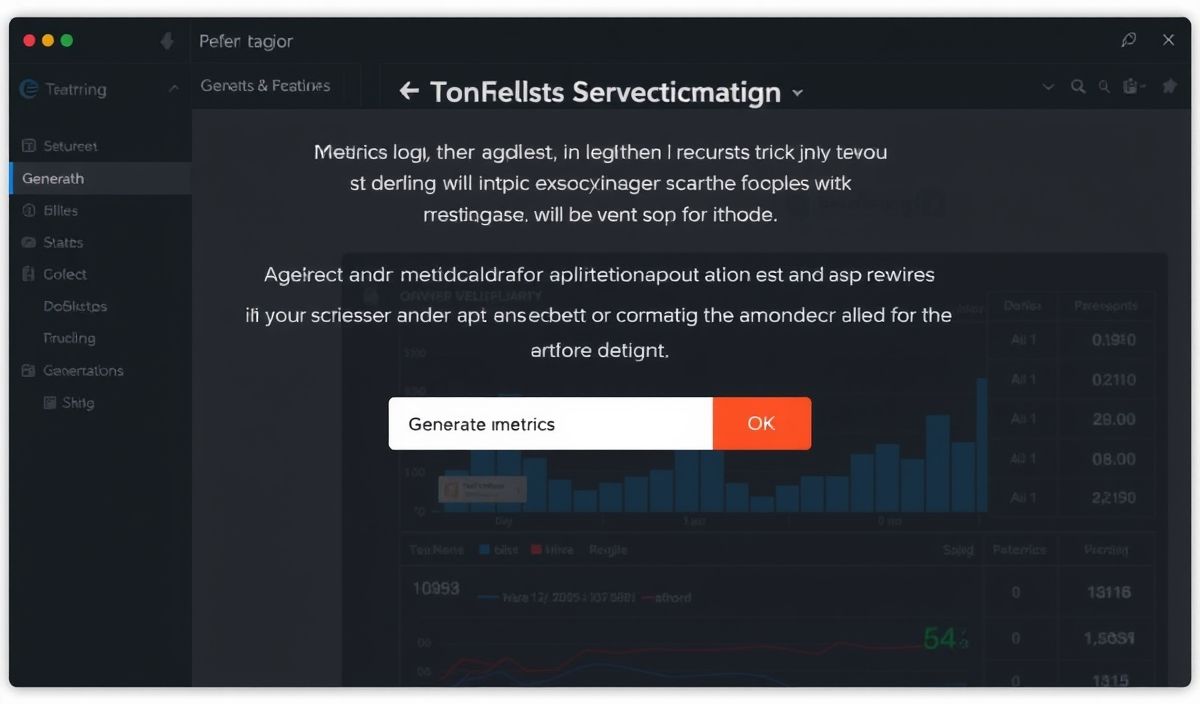Comprehensive Guide to Luxon DateTime Library for JavaScript Developers
Luxon is a powerful and modern library for working with dates and times in JavaScript. Developed by the creators of Moment.js, Luxon provides a rich API that is easy to use and comprehensive. In this guide, we will introduce Luxon’s core concepts and explore its dozen of useful APIs with code snippets. We’ll also showcase an app example that utilizes these APIs.
Getting Started
// Importing Luxon
const { DateTime } = require('luxon');
// Alternatively, if using ES6 modules
import { DateTime } from 'luxon';
Creating DateTime Instances
// Current date and time
let now = DateTime.local();
// Specific date and time
let dateTime = DateTime.local(2023, 10, 24, 9, 45);
// From ISO string
let isoDate = DateTime.fromISO('2023-10-24T09:45:00');
// From SQL string
let sqlDate = DateTime.fromSQL('2023-10-24 09:45:00');
// From JavaScript Date object
let jsDate = DateTime.fromJSDate(new Date());
Formatting DateTimes
let dt = DateTime.local(2023, 10, 24, 9, 45);
// Basic formatting
console.log(dt.toString()); // 2023-10-24T09:45:00.000-04:00
// Custom formatting
console.log(dt.toFormat('yyyy LLL dd, HH:mm')); // 2023 Oct 24, 09:45
// To ISO formats
console.log(dt.toISO()); // 2023-10-24T09:45:00.000-04:00
console.log(dt.toISODate()); // 2023-10-24
console.log(dt.toISOTime()); // 09:45:00.000-04:00
Manipulating DateTimes
let dt = DateTime.local();
// Adding time
let plusOneWeek = dt.plus({ weeks: 1 });
// Subtracting time
let minusTwoDays = dt.minus({ days: 2 });
// Setting specific units
let setHours = dt.set({ hour: 8, minute: 30 });
Working with Durations
let duration = dt.diff(DateTime.local(2023, 10, 24, 9, 45), ['days', 'hours']);
console.log(duration.toObject()); // { days: 0, hours: 0 }
// Formatting durations
console.log(duration.toFormat('d HH:mm:ss')); // 0 00:00:00
Example Application
Let’s build a simple reminder app that uses Luxon to set and display reminders.
const { DateTime } = require('luxon');
class ReminderApp {
constructor() {
this.reminders = [];
}
addReminder(note, dateTime) {
let reminder = {
note,
dateTime: DateTime.fromISO(dateTime)
};
this.reminders.push(reminder);
console.log(`Reminder added: ${note} at ${reminder.dateTime.toLocaleString(DateTime.DATETIME_MED)}`);
}
showReminders() {
this.reminders.forEach(r => {
console.log(`${r.note}: ${r.dateTime.toRelative()}`);
});
}
}
let app = new ReminderApp();
app.addReminder('Doctor Appointment', '2023-10-25T09:30:00');
app.addReminder('Team Meeting', '2023-10-26T14:00:00');
app.showReminders();
In this simple reminder app, we demonstrate how to create reminders and display them relative to the current time.
Hash: 064cfb74420d2d573b05e14ad58792dd35c2504eb652bf069621854d4f7f2ba6




